Courses Infomation
Advanced CBT Strategies for Chronic or Recurrent Depression & Anxiety by John Ludgate

Advanced CBT Strategies for Chronic or Recurrent Depression & Anxiety by John Ludgate
**More information:
Description
- Effective strategies for relapsing clients
- Advanced & cutting-edge CBT techniques
- Case examples
Join CBT expert and author, John Ludgate, Ph.D., and learn advanced CBT techniques to treat chronic or recurring depression and anxiety. Clients with a high relapse potential or chronic depression and anxiety are very complex and challenging to treat, and Dr. Ludgate will teach you special augmented CBT strategies which can easily be incorporated into your everyday practice.
This program will address state-of-art interventions and adaptations in CBT for complex cases and will focus on client, therapist and therapy factors which can interfere with therapy’s effectiveness. Specifically, a model will be offered which helps to formulate from a cognitive behavioral perspective the factors involved in chronicity or in the process of relapse. Assessment and conceptualization skills which can aid treatment planning will be examined. Interventions which target chronic and recurrent problems will be described in detail with case examples.
Defining chronicity and recurrence in Depression & Anxiety disorders
- Factors predictive of chronicity and recurrence with clinical practice implications
- Important skills every clinician needs for working with this population
- CBT conceptualization: current and historical formulation
Effective Strategies & Interventions for Chronic Anxiety
- Enhanced standard CBT procedures (de-catastrophizing, worry control, relaxation)
- Motivational interviewing
- Meta cognitive approaches
- Increasing tolerance for uncertainty
- Relapse Prevention Strategies & Interventions for Recurrent Anxiety
- Self-directed CBT aimed at early detection and intervention
- Mindfulness
- Vulnerability reduction
Effective Strategies & Interventions for Chronic Depression
- Enhanced behavioral activation
- Schema modification
- Cognitive behavioral analytic psychotherapy strategies
- Facilitating self compassion
- Relapse Prevention Strategies & Interventions for Recurrent Depression
- Self-directed CBT aimed at early detection and intervention
- Mindfulness
- Life style modification
Self-directed CBT for the therapist
- Strategies to manage our reactions when dealing with chronic or relapsing clients
- Dealing with therapist dysfunctional beliefs
- Mindfulness, acceptance and compassionate approaches for the therapist
More information about Medical:
Medicine is the science and practice of establishing the diagnosis, prognosis, treatment, and prevention of disease.
Medicine encompasses a variety of health care practices evolved to maintain and restore health by the prevention and treatment of illness.
Contemporary medicine applies biomedical sciences, biomedical research, genetics, and medical technology to diagnose, treat, and prevent injury and disease,
typically through pharmaceuticals or surgery, but also through therapies as diverse as psychotherapy, external splints and traction, medical devices, biologics, and ionizing radiation, amongst others.
Medicine has been around for thousands of years, during most of which it was an art (an area of skill and knowledge) frequently having connections to the religious and
philosophical beliefs of local culture. For example, a medicine man would apply herbs and say prayers for healing, or an ancient philosopher and physician would apply bloodletting according to the theories of humorism.
In recent centuries, since the advent of modern science, most medicine has become a combination of art and science (both basic and applied, under the umbrella of medical science).
While stitching technique for sutures is an art learned through practice, the knowledge of what happens at the cellular and molecular level in the tissues being stitched arises through science.
Salepage : Advanced CBT Strategies for Chronic or Recurrent Depression & Anxiety by John Ludgate
About Author
John Ludgate
John Ludgate, Ph.D., is a licensed clinical psychologist who has worked as a psychotherapist for almost 30 years. He is a Founding Fellow of the Academy of Cognitive Therapy. His practice, which involves work in both a private practice and in an outpatient psychiatric center, consists largely of treating clients referred with mood problems and/or anxiety conditions. He is currently working at the Cognitive-Behavioral Therapy Center of Western North Carolina in Asheville, North Carolina.
John is a native of southern Ireland and obtained a Master Degree in Clinical Psychology from the University of Edinburgh in Scotland, and a Ph.D. from Trinity College, Dublin, Ireland in 1990. He trained at the Center for Cognitive Therapy in Philadelphia under Dr. Aaron Beck, the founder of Cognitive Therapy, obtaining a Post-Doctoral Fellowship in Cognitive Therapy from the University of Pennsylvania in 1986. He subsequently became assistant director of training at Dr. Beck’s Center.
In the early 1990’s, Dr. Ludgate was a research clinical psychologist at the University of Oxford in England and served as cognitive therapist in several outcome studies of panic disorder, agoraphobia, social phobia and hypochondriasis. He authored Cognitive Behavioral Therapy and Relapse Prevention for Depression and Anxiety (Professional Resources Press, 2009) and was co-editor with Wright, Thase and Beck of Cognitive Therapy with Inpatients: Developing a Cognitive Milieu (Guilford Press, 1993). His other books include Overcoming Compassion Fatigue (PESI, 2014 co-authored with Martha Teater and The CBT Couples Toolbox (PESI, 2018). He has written numerous journal articles and book chapters in the field of Cognitive Behavior Therapy for Anxiety and Depression. He has presented many seminars and workshops on cognitive behavioral approaches, both nationally and internationally.

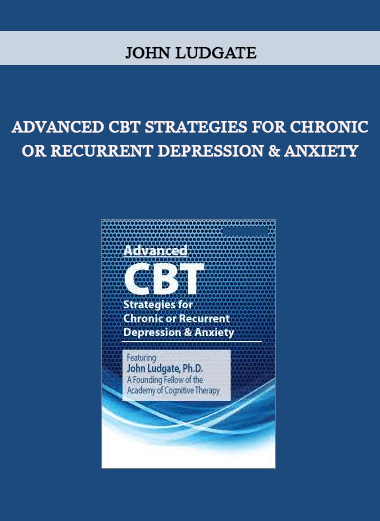
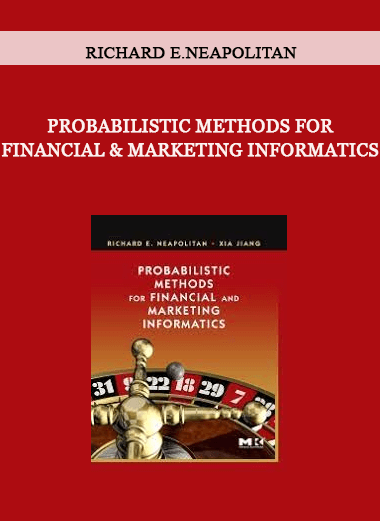



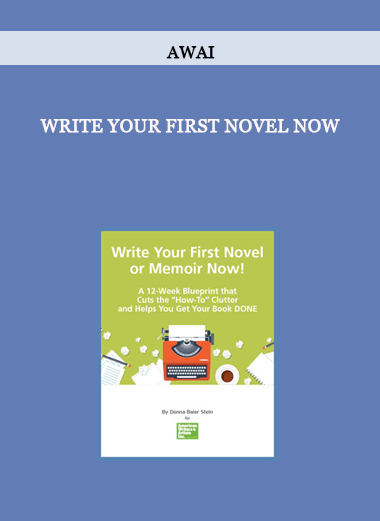
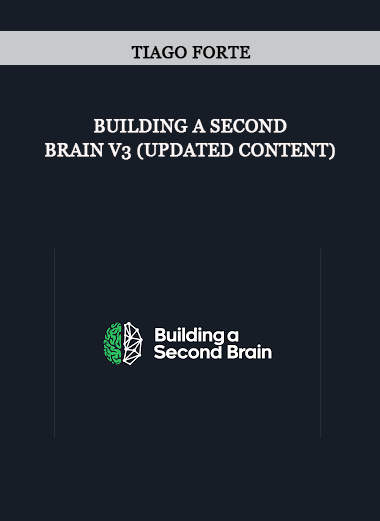

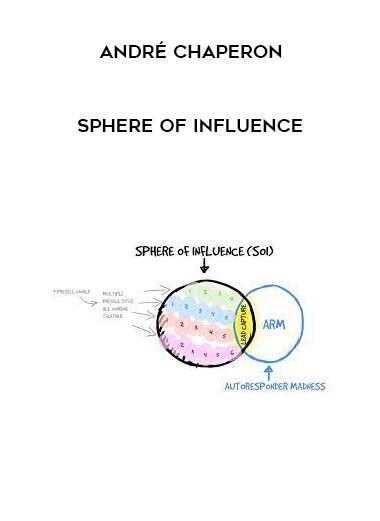





















Reviews
There are no reviews yet.